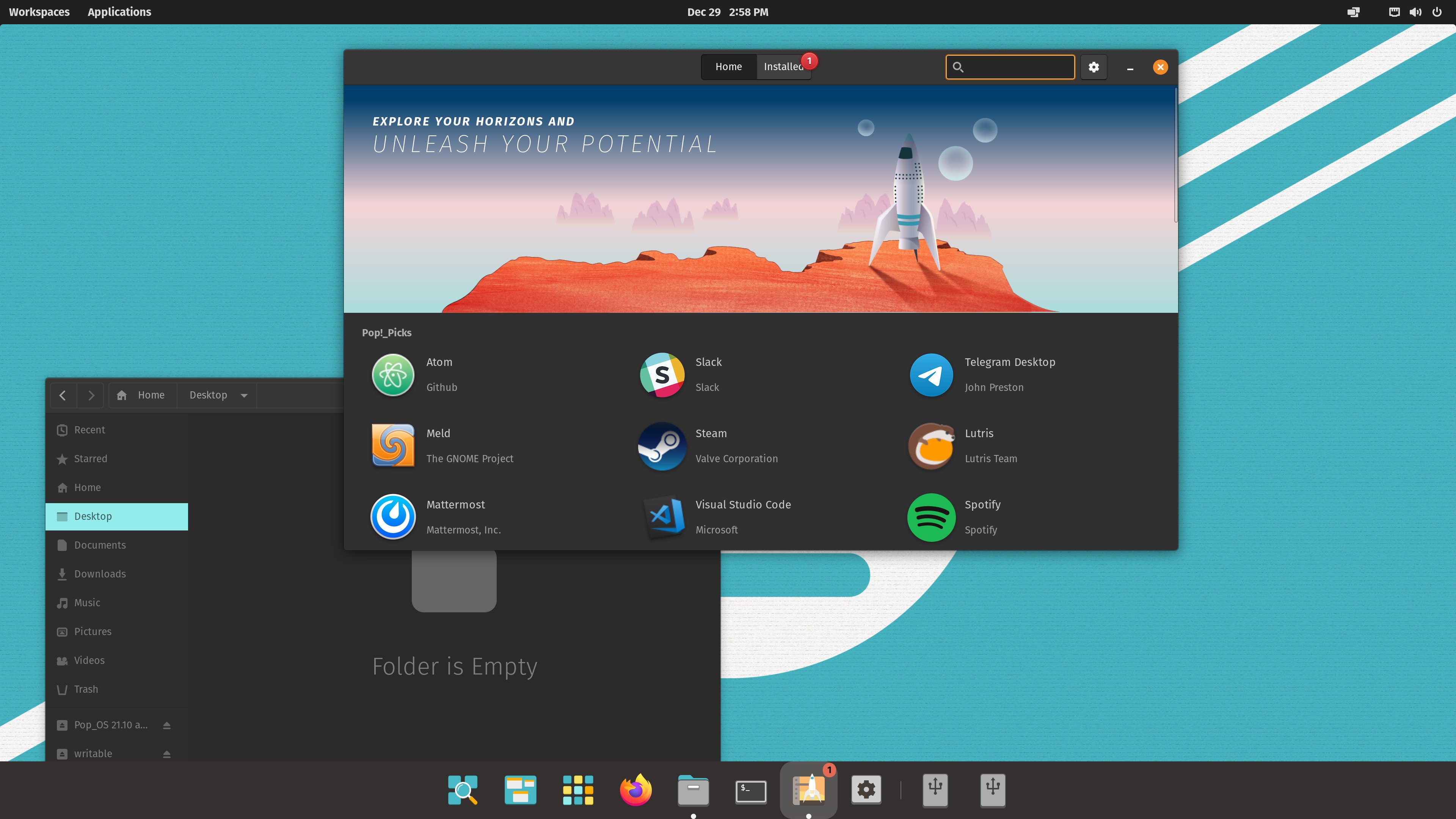Scheduling service which optimizes Linux’s CPU scheduler and automatically assigns process priorities for improved desktop responsiveness.
From Wikipedia, the free encyclopedia
Linux is a family of open source Unix-like operating systems based on the Linux kernel, an operating system kernel first released on September 17, 1991 by Linus Torvalds. Linux is typically packaged in a Linux distribution (or distro for short).
Distributions include the Linux kernel and supporting system software and libraries, many of which are provided by the GNU Project. Many Linux distributions use the word “Linux” in their name, but the Free Software Foundation uses the name GNU/Linux to emphasize the importance of GNU software, causing some controversy.
Rules
- Posts must be relevant to operating systems running the Linux kernel. GNU/Linux or otherwise.
- No misinformation
- No NSFW content
- No hate speech, bigotry, etc
Related Communities
Community icon by Alpár-Etele Méder, licensed under CC BY 3.0
- 0 users online
- 5 users / day
- 20 users / week
- 27 users / month
- 16 users / 6 months
- 20 subscribers
- 684 Posts
- 1.7K Comments
- Modlog



This is how OS’s work
Even if that comparison is exactly correct, wouldn’t it just mean that a userspace scheduler is redundant? You don’t want to have two pieces of software running at the same time with the same job.
But I don’t think that comparison is correct. OS kernels aren’t an external tool for managing process priorities. They’re how you create processes in the first place, so of course the OS is the appropriate place to manage them.
From the article:
That is, it’s not an entirely different thing. It wouldn’t make much sense for system 76 to directly add it to the kernel, so I guess it’s a sort of extension…